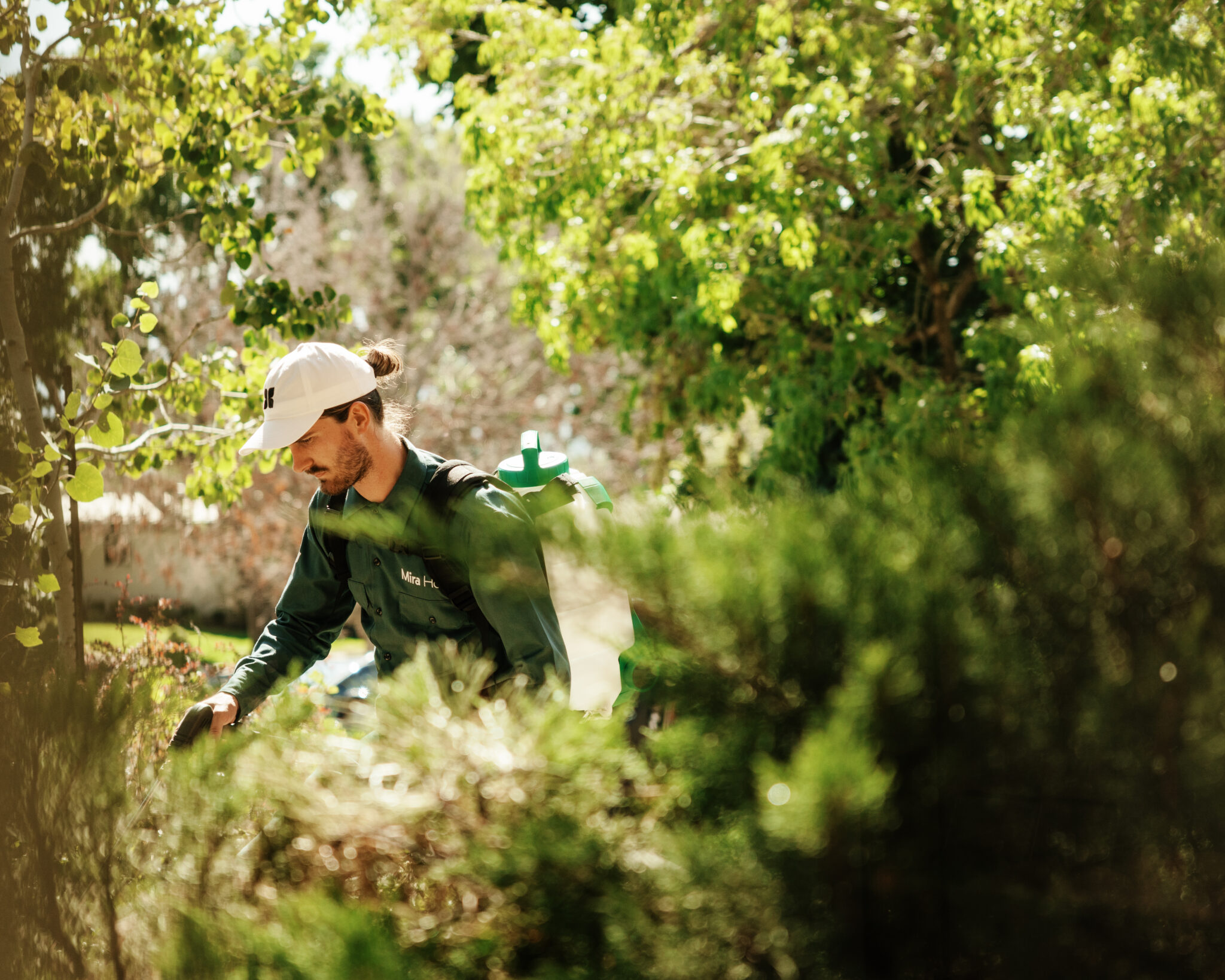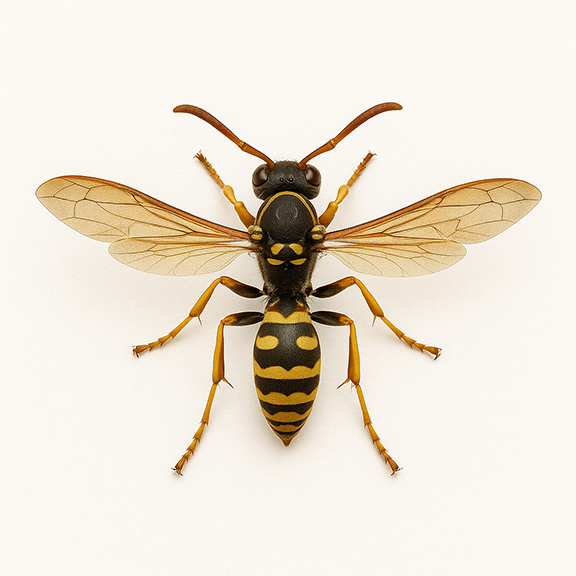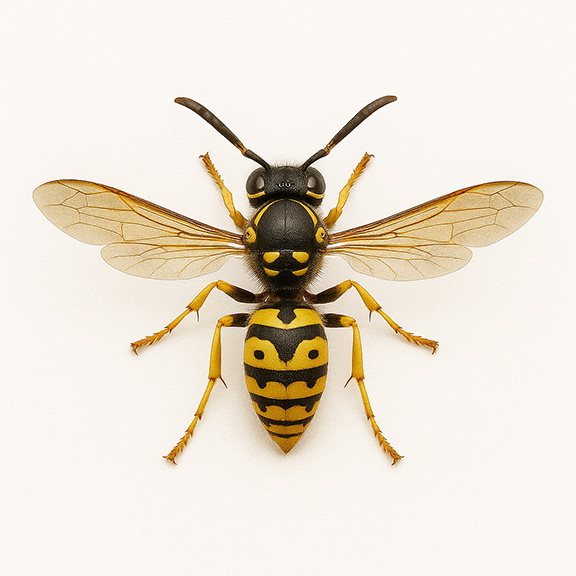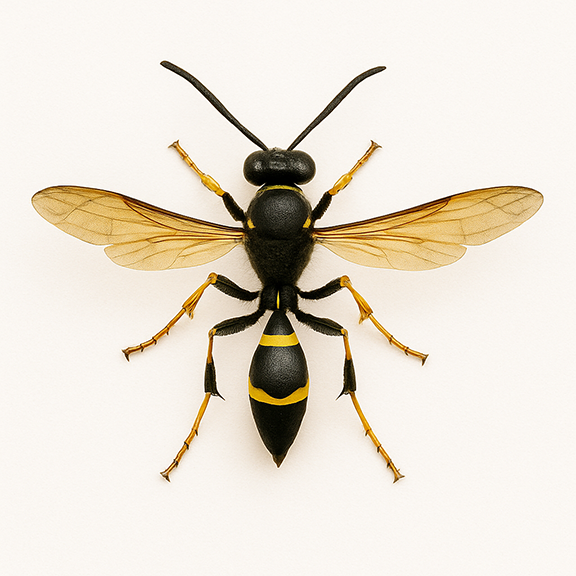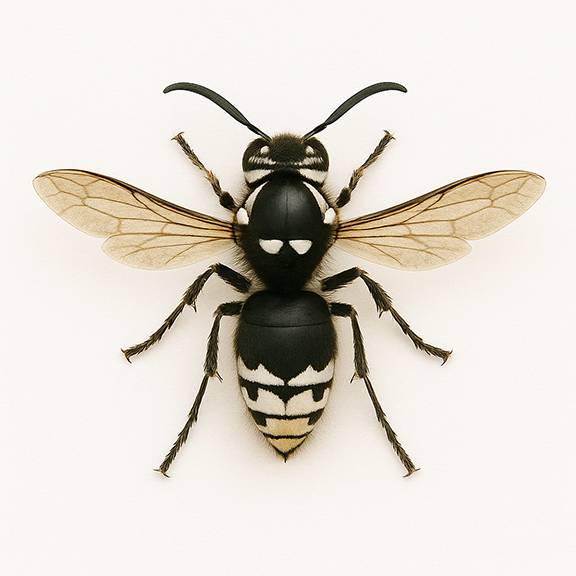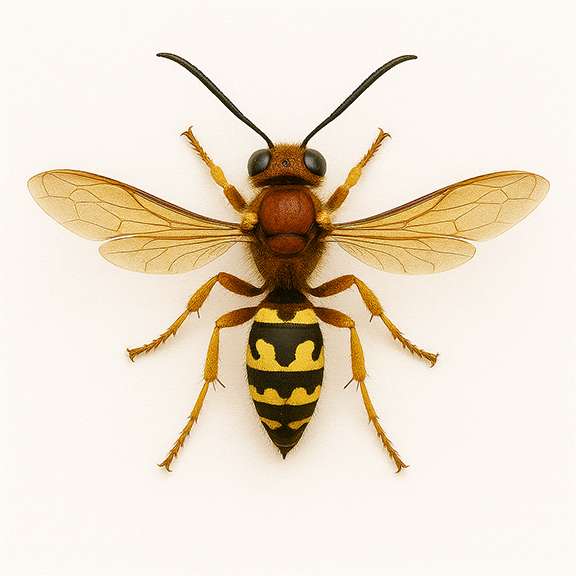Introduction
Florida’s warm, humid climate is a paradise not just for people—but for wasps too. With lush vegetation, long summers, and mild winters, the state offers ideal conditions for a wide range of wasp species to thrive.
For homeowners, understanding Florida’s wasps is more than curiosity—it’s a safety matter. Some species sting multiple times, others build nests near entryways, and some can become dangerously aggressive when disturbed.
This guide will help you identify the most common wasps in Florida, understand their behavior, and know how to control them safely and effectively.
